News
How do residential construction companies ensure safety on the job site?
2025 / 03 / 04

General safety on construction sites is a major concern for all companies operating in the construction sector in Quebec. To ensure the health and safety of workers on sites, the General Health and Safety on Construction Sites training is mandatory and regulated by the ASP Construction (Joint Association for Occupational Health and Safety in the Construction Sector).
The requirement for this training stems from regulations outlined in the Safety Code for Construction Work in Quebec. According to these legal provisions, anyone working on a construction site in the province must successfully complete the specified course. This requirement applies to all workers, whether employed by contractors, subcontractors, or self-employed individuals working on-site.
The course is designed to meet the specific needs of the construction sector. It lasts 30 hours and provides in-depth training covering various aspects of occupational health and safety. Its primary goal is to identify potential hazards on construction sites and equip workers with the necessary knowledge and skills to prevent accidents and injuries.
This mandatory training aims to raise workers’ awareness of the risks inherent in their work environment and prepare them to adopt safe behaviors at all times. The course covers topics such as:
By emphasizing prevention and best safety practices, the course significantly reduces accidents and incidents on construction sites.
The General Health and Safety on Construction Sites course covers a wide range of essential topics, including:
The main objective of the course is to provide workers with the necessary knowledge and skills to recognize, eliminate, and prevent health and safety risks on construction sites.
Obtaining the ASP Construction Card is an important step for workers in Quebec’s construction sector. This card certifies that the holder has successfully completed the General Health and Safety on Construction Sites course in compliance with regulatory requirements.
To obtain the card, workers must pass the final exam at the end of the course. This exam assesses their understanding of the concepts taught during the training. Participants must demonstrate that they have acquired the knowledge necessary to identify potential risks on construction sites and implement appropriate preventive measures.
Once the exam is passed, the organization issues a certificate or competency card to the participant. This card, commonly known as the ASP Construction Card, is generally valid for a specific period, after which it must be renewed through continuing education.
The ASP Construction Card serves as proof that the holder has completed the mandatory training and is qualified to work in compliance with safety standards in Quebec’s construction industry. Employers and contractors often require this card as proof of qualification to access construction sites and perform work safely.
Workers can find a list of ASP Construction-accredited training centers on the official ASP Construction website. This online directory provides detailed information about available training centers, including their locations, contact details, and courses offered.
The General Health and Safety on Construction Sites courses are offered at various times throughout the year to accommodate workers’ diverse needs. Training sessions may be available:
This flexibility allows participants to choose the learning format that best suits their schedule and preferences.
Workers can select the format that best fits their needs:
Course fees and schedules vary depending on the training center and the course format chosen. Workers are encouraged to visit their preferred training center’s website for specific information on costs, schedules, and registration procedures.

